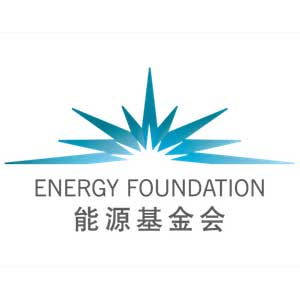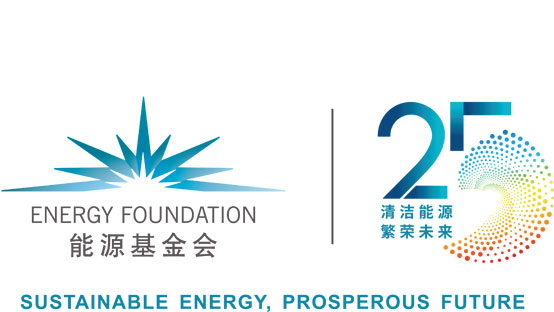EF China president shares his opinion about the institutional reform that transferred climate change authorities to the Ministry of Ecology and Environment
Shifting the climate change functions to the Ministry of Ecology and Environment gives the new Ministry a significant political mandate that provides an institutional guarantee for ecological civilization, green development, and a global community with shared future for humankind.
The most essential goal of the reform should be achieving co-benefits of air pollution control and greenhouse gas emission mitigation to realize green and low-carbon development in China. It should help upgrade China’s growth model and economic structure, improve its development quality, foster new drivers of growth, and create green jobs. Whether this can be delivered will become the primary yardstick to measure the success of the institutional reform.
The guiding principle of the reform lies in integrating climate actions into efforts to improve environmental quality, and thus to achieve the co-control of pollutants and GHGs. Efforts should be made to optimally allocate available resources -- political, legal, administrative, economic, and technological --- for environmental management. Regulations, market solutions, communication and education, and other policy tools should be employed as a whole. Climate change oversight should be integrated into the existing policy mechanisms, such as statistics, monitoring, supervision, and law enforcement systems.
Recommendations --
- Set up a taskforce within the Central Leading Group for Financial and Economic Affairs in charge of “Ecological Civilization and Climate Change” issues. Meanwhile, establish a leading group on “Ecological Civilization and Climate Change” at the State Council, so as to enhance coordination across government departments. The office of the leading group can be based in the Ministry of Ecology and Environment;
- Consider to link the carbon trading system in the electric power sector to the current discharge permit system;
- Explore the feasibility of introducing a carbon tax, on the basis of the environmental tax, into other sectors, especially those characterized by scattered emission sources;
- Make efforts to improve the current environmental statistics and monitoring system with the inclusion of a monitoring, reporting, and verification (MRV) system for GHGs;
- Add a variety of GHGs such as methane and hydrofluorocarbons (HFC) into the GHG regulation framework that is currently focused on carbon dioxide;
- Administrative departments at all levels in charge of ecology and environment affairs should take on the corresponding climate oversight responsibility, and the government at all levels should establish a cross-department coordination mechanism on ecological civilization and climate change; and
- Incorporate cooperation on climate change into the current international cooperation system for environmental protection, with an emphasis on institutional capacity building along the Green Belt and Road; Strengthen the capacity for international climate change negotiations, in a move to enable China to play a bigger role as a participator, contributor, and torchbearer in global climate governance.



